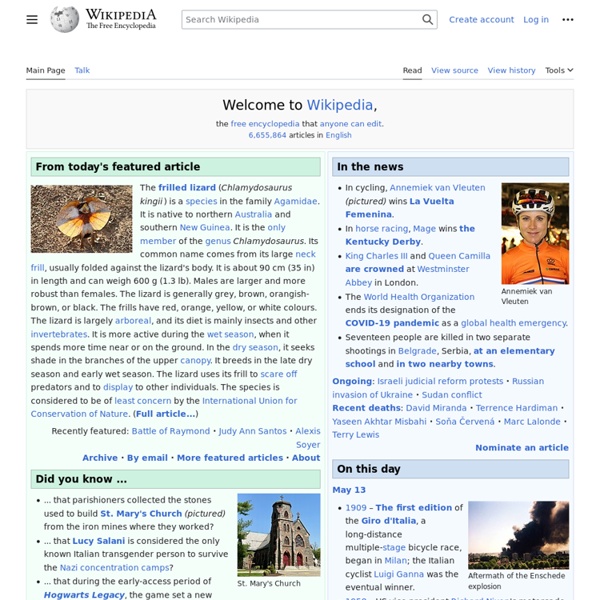Main Page

Random House
Random House, USA[edit] Random House was founded in 1927 by Americans Bennett Cerf and Donald Klopfer, two years after they acquired the Modern Library imprint, reprints of classic works of literature, from publisher Horace Liveright. Cerf is quoted as saying, "We just said we were going to publish a few books on the side at random," which suggested the name Random House.[6] Its American divisions currently include the Crown Publishing Group, the Knopf Doubleday Publishing Group, the Random House Publishing Group, and Random House Children's Books. Random House entered reference publishing in 1947 with the American College Dictionary, which was followed in 1966 by its first unabridged dictionary. The American publishers Alfred A. International branches[edit] Random House, Inc. maintains several independently managed subsidiaries around the world. The Random House Group is one of the largest general book publishing companies in the UK and is based in London. Divisions and imprints[edit]
Encyclopedia - Britannica Online Encyclopedia
Welcome to Citizendium - Citizendium
Die freie Enzyklopädie
Related:
Related:



